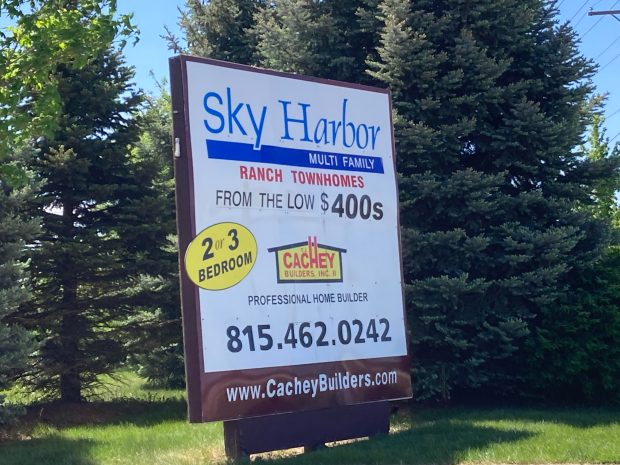Morton Grove’s legacy restaurant program would allow longtime family-owned restaurants to receive a $5,000 facade grant or a video gaming license, if they qualify.
The Village Board, which reviewed proposed changes to Morton Grove’s video gaming ordinance to accommodate the legacy program at its May 14 meeting, is expected to approve the program and the amendments at its May 28 meeting.
Village Administrator Ralph Czerwinski said that although the legacy program is new, it was developed over a long period of time.
“Restaurants were hit especially hard during COVID, and the Village Board provided assistance to them, including waiving certain fees to help them operate and by creating an easy process for restaurants to have outdoor serving areas,” Czerwinski said.
Legacy restaurants are defined as businesses who derive at least 50 percent of their gross income from prepared food and who have operated under family ownership for at least 30 years. Currently, three such restaurants qualify in Morton Grove, Czerwinski said.
The facade funds would be a one-time grant of $5,000 through the village’s commercial facade improvement program. Morton Grove would waive the program’s requirement to match 50 percent of the grant.
The village chose to offer video gaming licenses to legacy restaurants because they expressed interest in them, Czerwinski said.
“Restaurateurs have advised us that in the right circumstances gaming could be a vital source of revenue for them,” he said.
Currently, Morton Grove awards video gaming licenses on a case-by-case basis through economic development agreements between the village and a development applicant, Czerwinski said.
“It allows the Village to attract desirable restaurants that believe gaming will be a good fit for them and will provide needed revenue to cover construction and operating costs,” he said.
The redevelopment agreement attracting Moretti’s Ristorante & Pizzeria, 6415 Dempster Ave., is a good example, Czerwinski said.
“Gaming was appropriate in their large bar area, and without gaming the owners would not have pursued the development,” he said.
To receive a video gaming license, a restaurant must occupy at least 5,000 square feet, get approval of the location and design of the gaming area, and meet all conditions for gaming established by state law, Czerwinski said.
“If a legacy restaurant wants gaming – not all will – and meets the criteria . . . a license will be issued, even if no licenses are currently available,” he said.
Except for video gaming licenses granted to legacy restaurants, Morton Grove will continue to limit the total number of licenses in the village to 11, Czerwinski said.
Of the current legacy restaurants, only two qualify for a video gaming license, he said. “It is unknown whether these establishments want gaming and would agree to the additional conditions imposed by the program,” Czerwinski said.
To qualify for a video gaming license under the legacy restaurant program, a legacy restaurant must specifically:
- Have a minimum floor area of 5,000 square feet dedicated to the restaurant and accessory uses.
- Limit the video gaming area to 300 square feet.
- Limit video gaming income to 30% of the restaurant’s gross revenue.
- Receive approval from the village administrator of the location and design of the video gaming terminal area.
- Block visibility of video gaming terminals from restaurant seating
Czerwinski said he did not see any irony in granting additional video game licenses with the goal of “preserving and promoting the character” of Morton Grove.
“To date the village has done an excellent job in allowing limited gaming subject to restrictions on signage, location in both the community and within the establishment without changing the character of the community,” he said. “This program supports long-standing legacy restaurants, which are a significant part of the character of the community.”




